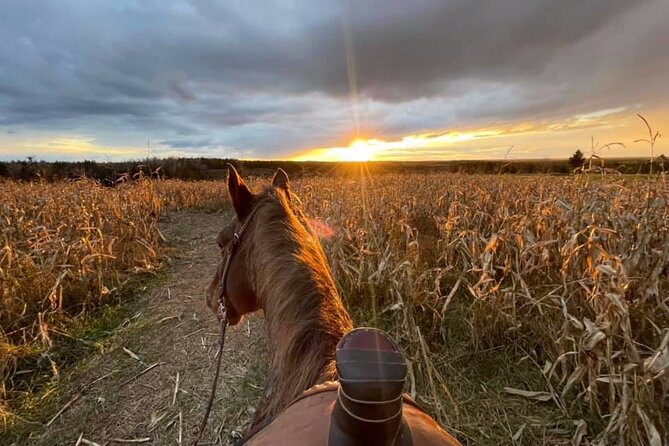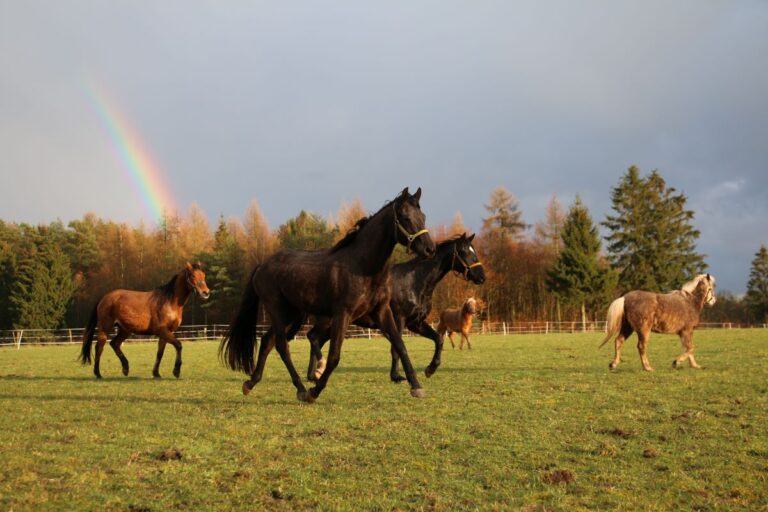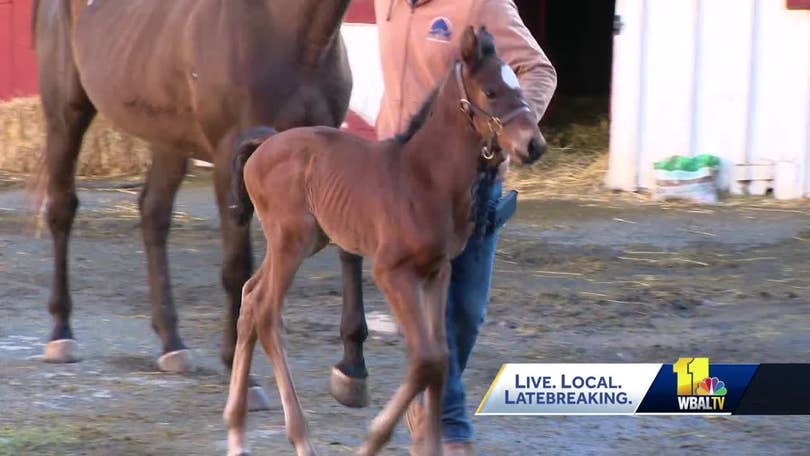The Importance of a Family Horse Farm

Family horse farms hold a unique place in both agricultural and social landscapes. They are more than just places where horses are bred and raised; they are centers of tradition, education, and community bonding. This article explores the multifaceted importance of family horse farms, highlighting their benefits, challenges, and contributions to society.
Table of Contents

- Introduction to Family Horse Farms
- Economic Benefits
- Educational and Therapeutic Roles
- Preservation of Heritage and Traditions
- Environmental Impact
- Challenges Faced by Family Horse Farms
- Frequently Asked Questions (FAQ)
1. Introduction to Family Horse Farms
A family horse farm is typically a small to medium-sized agricultural operation managed by family members. These farms focus on breeding, training, and caring for horses, often specializing in specific breeds or equestrian disciplines. The family aspect fosters a deep connection to the animals and the land, promoting sustainable and ethical farming practices.
2. Economic Benefits
Family horse farms contribute significantly to local economies through:
| Economic Aspect | Description |
|---|---|
| Employment | Providing jobs for family members and locals |
| Tourism | Attracting visitors for riding lessons and events |
| Sales and Services | Selling horses, tack, feed, and offering training |
These farms often support ancillary businesses such as feed suppliers, veterinarians, and farriers, creating a ripple effect in rural economies.
3. Educational and Therapeutic Roles
Family horse farms serve as educational hubs where children and adults learn about animal care, responsibility, and horsemanship. Many farms offer riding lessons, summer camps, and workshops.
Additionally, equine-assisted therapy programs on family farms help individuals with physical, emotional, and developmental challenges, showcasing the therapeutic power of horses.
4. Preservation of Heritage and Traditions
These farms play a crucial role in preserving equestrian heritage by maintaining rare horse breeds and traditional training methods. They often pass down knowledge through generations, keeping cultural practices alive.
5. Environmental Impact
Family horse farms can positively impact the environment by promoting sustainable land use. Proper pasture management prevents overgrazing, supports biodiversity, and maintains soil health. Many farms implement eco-friendly practices such as rotational grazing and organic feed production.
6. Challenges Faced by Family Horse Farms
Despite their benefits, family horse farms face challenges including:
- High operational costs (feed, veterinary care, equipment)
- Market competition from larger commercial farms
- Regulatory compliance and zoning restrictions
- Weather and environmental risks
Addressing these challenges requires resilience, innovation, and community support.
7. Frequently Asked Questions (FAQ)
Q1: What makes a family horse farm different from commercial horse farms?
A1: Family horse farms are typically smaller, family-run operations focused on personalized care and tradition, whereas commercial farms often prioritize large-scale production and profit.
Q2: How can family horse farms contribute to local communities?
A2: They provide employment, educational opportunities, and promote tourism, strengthening community ties.
Q3: Are family horse farms sustainable?
A3: Many adopt sustainable practices like rotational grazing and organic feed to minimize environmental impact.
Q4: What are the benefits of equine-assisted therapy?
A4: It helps improve physical coordination, emotional well-being, and social skills for individuals with various challenges.
Family horse farms are vital to preserving cultural heritage, supporting local economies, and fostering community well-being. Their multifaceted roles make them indispensable assets in rural and equestrian communities alike.
